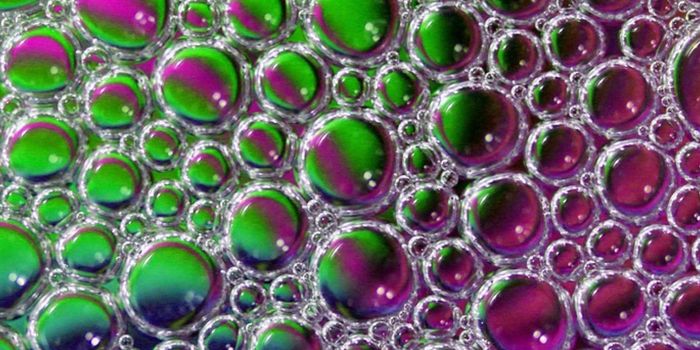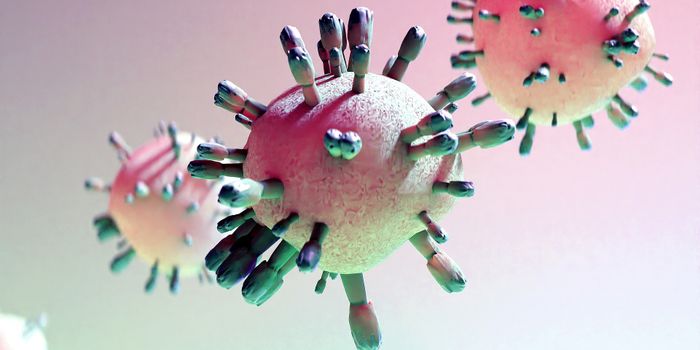Towards an Understanding of, and Potential Treatment for Chemobrain
Chemobrain is a term for the mental problems or brain fog that is associated with chemotherapy treatment. While patients complained of problems for years, clinicians and researchers had trouble pinpointing and documenting the symptoms; in part because they vary from one patient to another. There may also be many different causes. Learn more about chemobrain from the video.
Cancer patients and survivors can experience significant impacts on their quality of life that last for years because of these cognitive impairments; they may have memory lapses, trouble concentrating, or difficulty finishing sentences for example. These symptoms can sometimes continue after treatment ends, and patients may have a hard time returning to their normal lives. It would be helpful to clinicians to know who is at risk for these symptoms, but to do so, a reliable biomarker of chemobrain has to be established. Researchers have taken steps toward that goal.
"By identifying the clinically relevant factors which predispose patients to chemobrain, more appropriate interventions can be tailored accordingly to patients who are at a higher risk of developing cognitive impairment," explained Associate Professor Alexandre Chan of the Department of Pharmacy, National University of Singapore (NUS) Faculty of Science. Chan led a team of researchers in a search for potential biomarkers.
One such biomarker is dehydroepiandrosterone (DHEA) and its sulfated form (DHEAS), together the neurosteroids are sometimes called DHEA(S). The researchers identified them as chemobrain biomarkers, as reported in Pharmacotherapy: The Journal of Human Pharmacology and Drug Therapy.
In this study, 81 early-stage breast cancer patients without previous chemotherapy exposure, but who were scheduled to receive it as a treatment, were recruited. Patients were asked to complete questionnaires, self-assessments of cognitive function in several areas, and a computerized neuropsychological test before, during and after treatment.
The scientists found that if a patient had high plasma levels of DHEAS before their chemotherapy treatment, they were at lower risk of getting chemobrain that impacted mental acuity and verbal fluency, specifically.
"Our findings suggest that patients with higher prechemotherapy DHEAS levels had lower odds of developing self-perceived cognitive impairment. However, future studies are required to further investigate the effect of DHEA(S) on specific cognitive domains and to validate our findings in independent cohorts," said graduate student and first author of the report Toh Yi Long.
The researchers are continuing to pursue this work. They are interested in therapies for chemobrain, which may also help with other complications of cancer treatment. The overall aim is to improve the quality of life for recovering cancer patients.
Sources: AAAS/Eurekalert! via National University of Singapore, Pharmacotherapy









